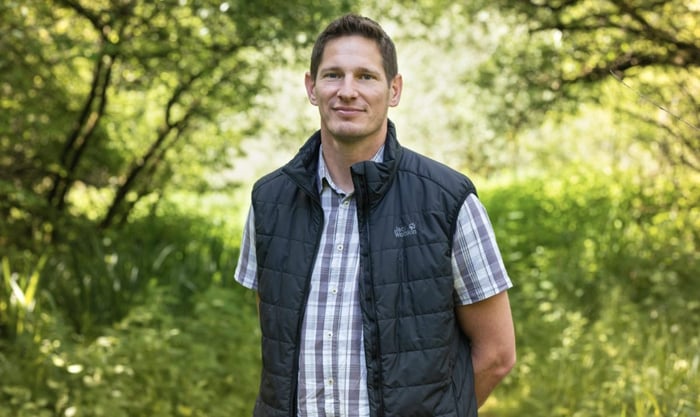INSIGHT by Cain Blythe, Founder and CEO at CreditNature and Ecosulis (BCorp), Author & Speaker


Cain Blythe, CEO of CreditNature © CreditNature
The global financial landscape is undergoing a transformative shift towards nature-positive investments, driven by the urgent need to address climate change and biodiversity loss. CreditNature, at the forefront of this revolution, combines ecosystem science, finance, and technology to introduce digital assets known as Digital Nature Assets. These assets create a connection between landholders and investors, providing a stake in validated nature recovery projects. Financial sustainability in fintechThe relationship between finance and climate change is increasingly evident in the fintech sector. Fintech companies are now prioritizing sustainability, offering innovative green alternatives to address environmental issues. The shift towards sustainability is driven by consumer demand, outperformance of eco-conscious companies, regulatory expectations, and a broader understanding of the long-term impacts of climate change.Corporates and investors are currently examining various approaches to investing in nature restoration, conservation, and biodiversity. As they progress on the path to achieving Task Force on Nature-related Financial Disclosures (TNFD) readiness, corporations will unveil their influence on nature and biodiversity. Given the absence of fully developed and transparent markets for tradable biodiversity units in 2024, the focus is likely to persist on substantiating impact assertions with reliable data. A robust framework for biodiversity monitoring, verification, and reporting (MRV) will be crucial, serving as a cornerstone in furnishing evidence of best practices and mitigating reputational risks. CreditNature aims to leverage this momentum by creating markets dedicated to investing in nature recovery projects. Nature credits and opportunitiesThe World Economic Forum estimates the current market for voluntary nature credits at around $8 million. However, effective progress on governance could propel global demand for these credits to $2 billion in 2030 and a staggering $69 billion by 2050.To unlock this potential, addressing four key challenges is imperative:
All opinions expressed are those of the author and/or quoted sources. investESG.eu is an independent and neutral platform dedicated to generating debate around ESG investing topics.
- Establishing a clear business case for buyers.
- Developing high-integrity supply at a sufficient scale.
- Consolidating common principles, standards, and methods.
- Creating a supportive policy environment.
All opinions expressed are those of the author and/or quoted sources. investESG.eu is an independent and neutral platform dedicated to generating debate around ESG investing topics.
Published by
 investESG
investESG
 investESG
investESG

